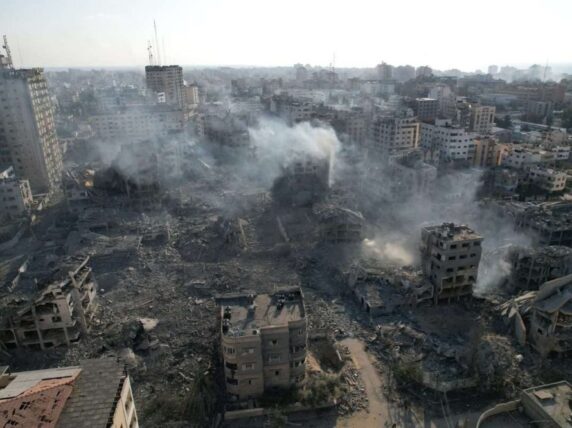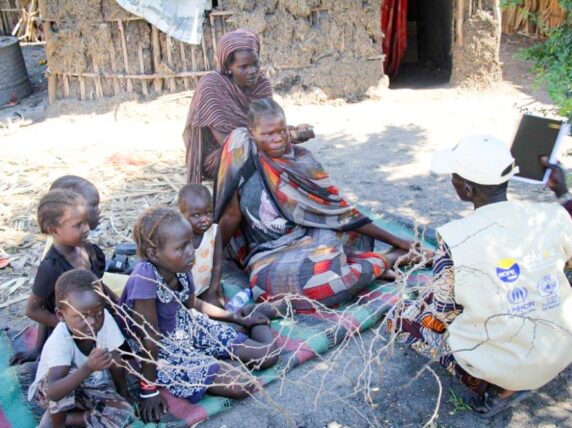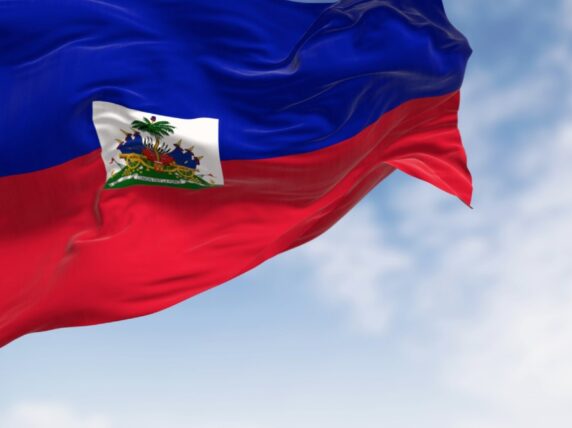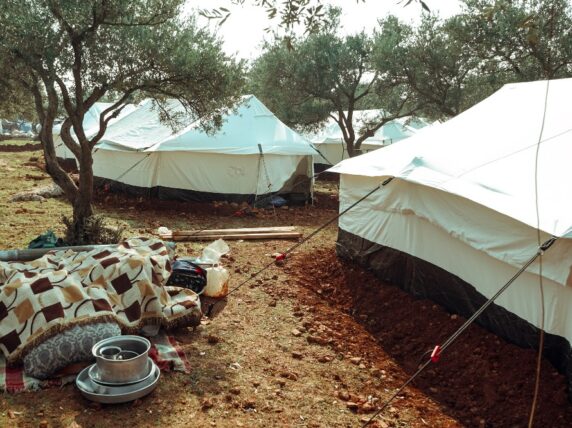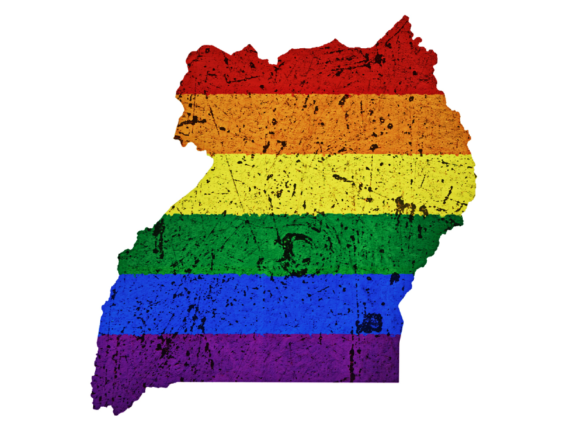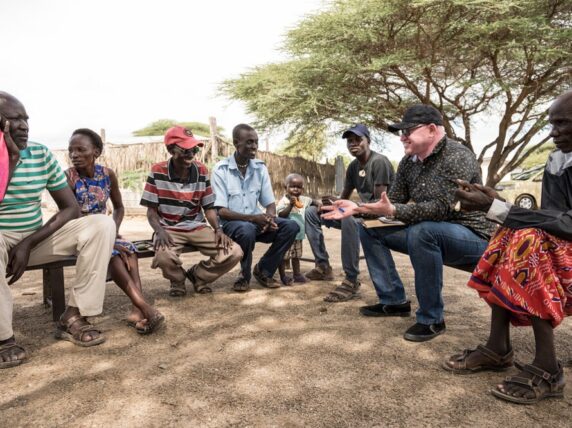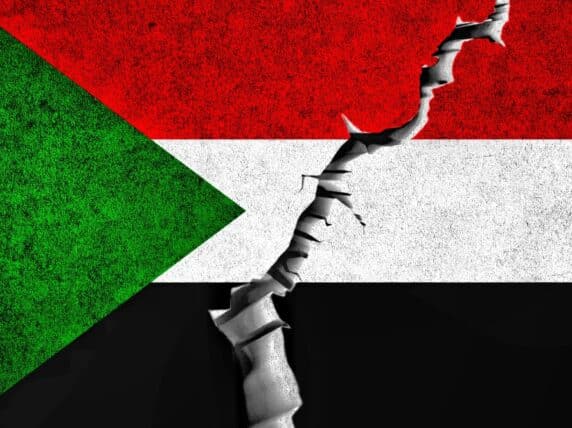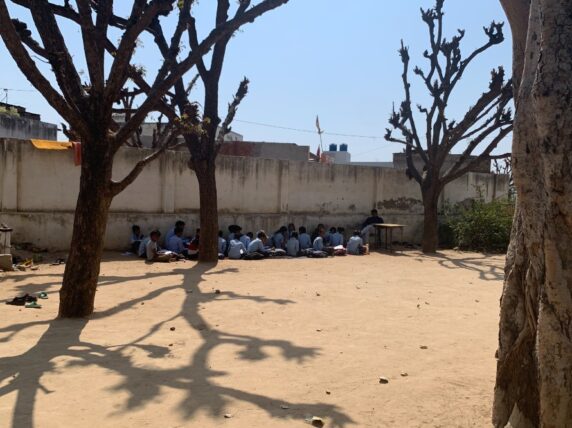Bond’s Mustafa al Soufi sets out how the UK can develop a consistent, principled approach to peace that transcends narrow geopolitical interests – and why acting now is crucial
Sudan is rapidly becoming the world’s worst humanitarian crisis but few people in the UK are aware of this. As Anil Ranchod from IBT member CAFOD writes, this must change.
Kwanli Kladstrup looks at how Concern Worldwide’s response in Haiti differs from other countries they work in that are affected by conflict, and how support is possible despite the challenges.
The UK has the resources, the influence, and the know-how to make a real difference. What we need from the next UK government is the political will to do so. Here is where they can start.
On the one-year anniversary of the implementation of the Anti-Homosexuality Act in Uganda, it is imperative to reflect on the profound impact this legislation has had on the LGBTQ+ community in the country. Edward Mutebi of Let’s Walk Uganda tells us more.
In emergencies, people with disabilities are often still left behind – not only physically – but with their mental health too. But the The Information note on Disability and Inclusion in MHPSS has the potential to make sure no one’s mental health is forgotten about.
By framing the crisis in Gaza as predominately a humanitarian issue, are we ignoring the main drivers of the crisis? Bond’s Maryam Mohsin examines how inaccurate language is allowing the international community to ignore Palestinian priorities, including investing in civic space, advocacy and peacebuilding.
The brutal conflict in Sudan is approaching it’s one-year anniversary. Mercy Corps’ Rebecca Gibbons tells us why it’s time for the UK government to scale up funding in Sudan and help tackle the ongoing famine.
An increasing number of children are spending their lives on the streets, lack protection and are at risk of post-traumatic stress disorder and other mental health issues. It is crucial they are not left behind.

